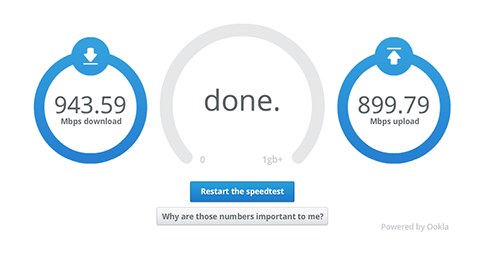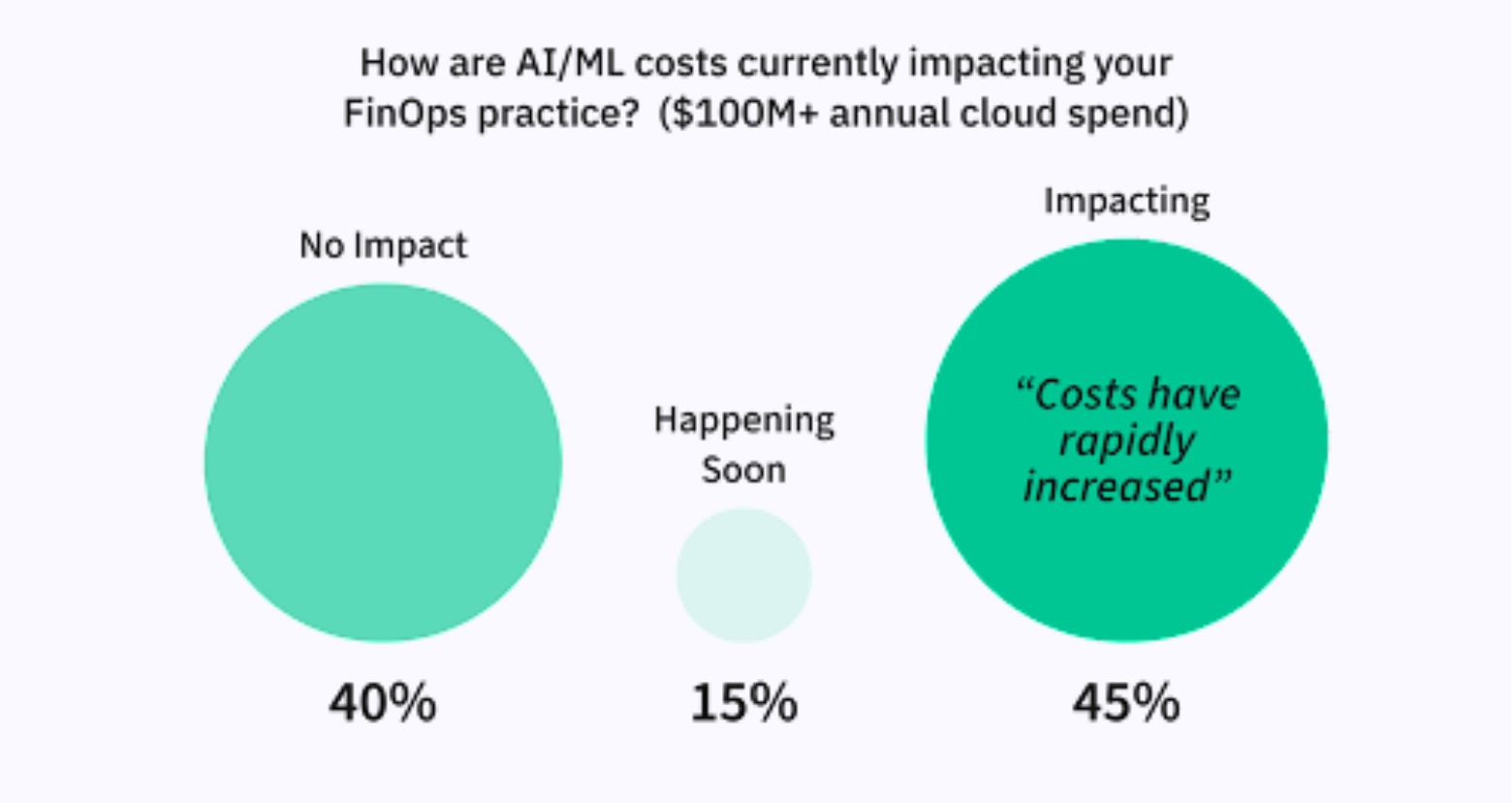Which country in the world has the honor of claiming the fastest internet speed in the world? Who has the fastest mobile internet? And which American city is the champion of download speed? These insights are all contained in a fascinating new infographic released by forward-facing website Futurism.com.
You may have guessed it already, but the title for the world’s fastest average broadband internet belongs to South Korea, where the average citizen enjoys broadband speeds of around 20.5 Mbps on any given day. (Although there are also reports based on Cisco findings in the 2011 Guinness Book of World Records that average speeds were closer to 33.5 Mbps).
That’s four times faster than the rest of the world and double the average speed in the United States. It’s not just amongst the wealthy where the net is ridiculously fast. Nearly the entire online population (96% to be exact) enjoy internet access faster than 4 Mbps.

Of course, speed isn’t everything. The cost of internet access in South Korea is two-thirds cheaper than it is in the USA, so accessibility to the population is virtually guaranteed.
But when it comes to the mobile internet, the South Koreans have been narrowly beaten by the Spanish, who average around 18 Mbps on their 4G networks, while South Korea comes in at 17 Mbps. While Spain is undoubtedly on top, the whole of Europe has excellent mobile internet speed and in fact, is categorized as having the fastest mobile internet on earth. Compare those numbers to the US, where the LTE speed is generally around 7 Mbps, which is the same as Mexico and the Philippines.

Nevertheless, there are moves afoot in the US to increase internet speeds and Google Fiber is at the forefront thereof. In Kansas City, the internet is 100 times faster than in the rest of the US, thanks to Google Fiber, and frequently records speeds of around 1 Gbps! Google Fiber runs on fiber-optic cables, rather than copper ones, and is seen as the wave of the future.
Some cities are staking their future on having the fastest internet speeds possible. Salisbury, North Carolina and Chattanooga, Tennessee have been achieving ultra-high-speed fiber-optic connection for a while now at 50 times the average speed of the rest of the country, and as a result are drawing in some impressive investments. Sheldon Grizzle of the Company Lab told the New York Times that “the gig”, (as the high speed net is known in Chattanooga), “allowed us to attract capital and talent into this community that never would have been here otherwise.”
Based on the infographic the current world record for internet speed is held by the British, and was achieved on a 255-mile stretch of fiber-optic cable between London and a research campus. The speed was 1.4 terabits per second, and employed a system called Flexigrid which employed “several transmission channels over the same connection.” However, we’ve come across reports at Gizmag of speeds as high as 43 tbps achieved by Researchers at the Technical University of Denmark.
The possibilities of high-speed internet are mouth-watering. NASA has been involved with the net since the beginning and it regularly uses a private internet service known as ESNet, which transfers 91 Gbps – a speed 10 000 times that which regular Americans are used to. This system processes huge amounts of data produced by projects such as the Large Hardron Collider. But it does operate under ‘real-world’ conditions, and as such could one day be applied to the greater population and the everyday internet that we all make use of.
By Jeremy Daniel





